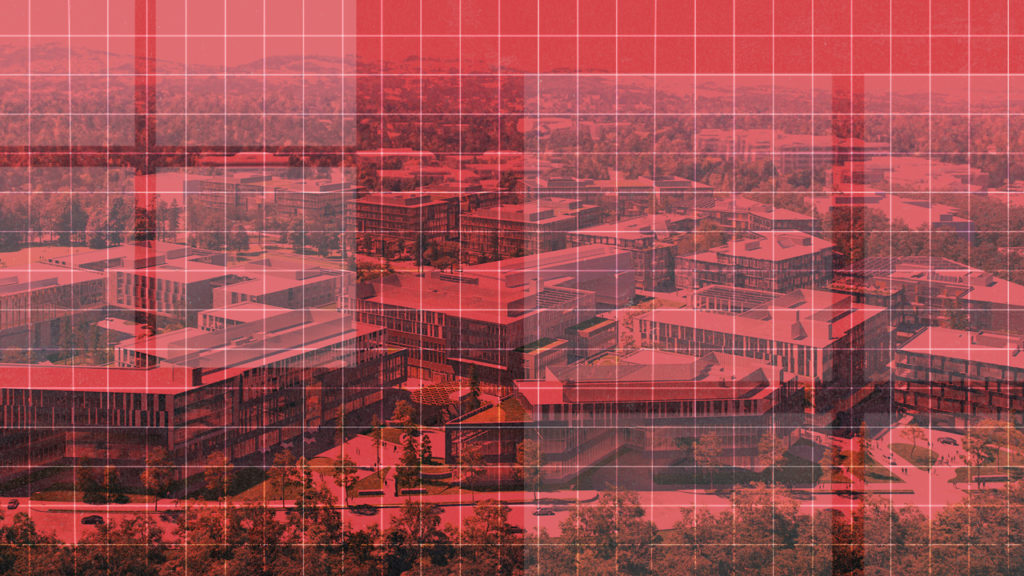The SolarWinds cybersecurity hack, the passing of data privacy regulations in recent years and the impending demise of cookies all mark one truth: that technology is a double-edged sword. In a keynote at the digital Consumer Electronics Show (CES), Microsoft president Brad Smith urged the industry to take responsibility for creating guardrails to protect humanity against the perils of technology.
Smith’s message echoes one he already conveyed in his 2019 book, Tools and Weapons: The Promise and the Peril of the Digital Age, which he co-authored with Carol Ann Browne, Microsoft general manager, chief of staff and executive communication—that the darker side of technology could one day lead to communities’ loss of control over privacy and digital safety.
“The SolarWinds-based attack was a mass indiscriminate global assault on the tech supply chain that all of us are responsible for protecting. We need to come together as an industry, and we need to use our collective voice to every government around the world that this kind of supply chain . . . shouldn’t be allowed to pursue. If we don’t use our voice to call on the governments of the world to hold to a higher standard, then I ask you this: who will?”
Smith took CES viewers inside Microsoft’s data centers in Quincy, Washington, where almost half a million “server computers that fuel our lives” are kept. According to Smith, the server computers hold as much data as you’d find in more than 50,000 Libraries of Congress.
Fueling this digital infrastructure are over 140 electric generators powered by diesel. Microsoft has pledged to replace them either with those that run on hydrogen power or new advanced fuel cells by the end of the decade–highlighting the powerful intersection of digital technology, energy technology, environmental science and the need for innovation, as Smith put it.
Smith’s plea for protection of the planet’s cybersecurity comes as brands and consumers increasingly use and rely on artificial intelligence (AI), augmented reality (AR) and machine learning to enhance experiences in education, entertainment and beyond. In fact, research from McKinsey Global Institute suggests that by 2030, AI could produce an additional global economic output of $13 trillion per year.
Nevertheless, Smith affirms that AI could pose a threat to people’s fundamental rights, while machine learning can create bias and discrimination. Inspired by John F. Kennedy’s 1962 speech about the nation’s space effort, Smith reminds viewers that whether technology will become a force for good or ill is entirely up to us.
“Tech has no conscience, but people do. As an industry, we must exercise our conscience . . . to ensure the tech we create serves the world.”

